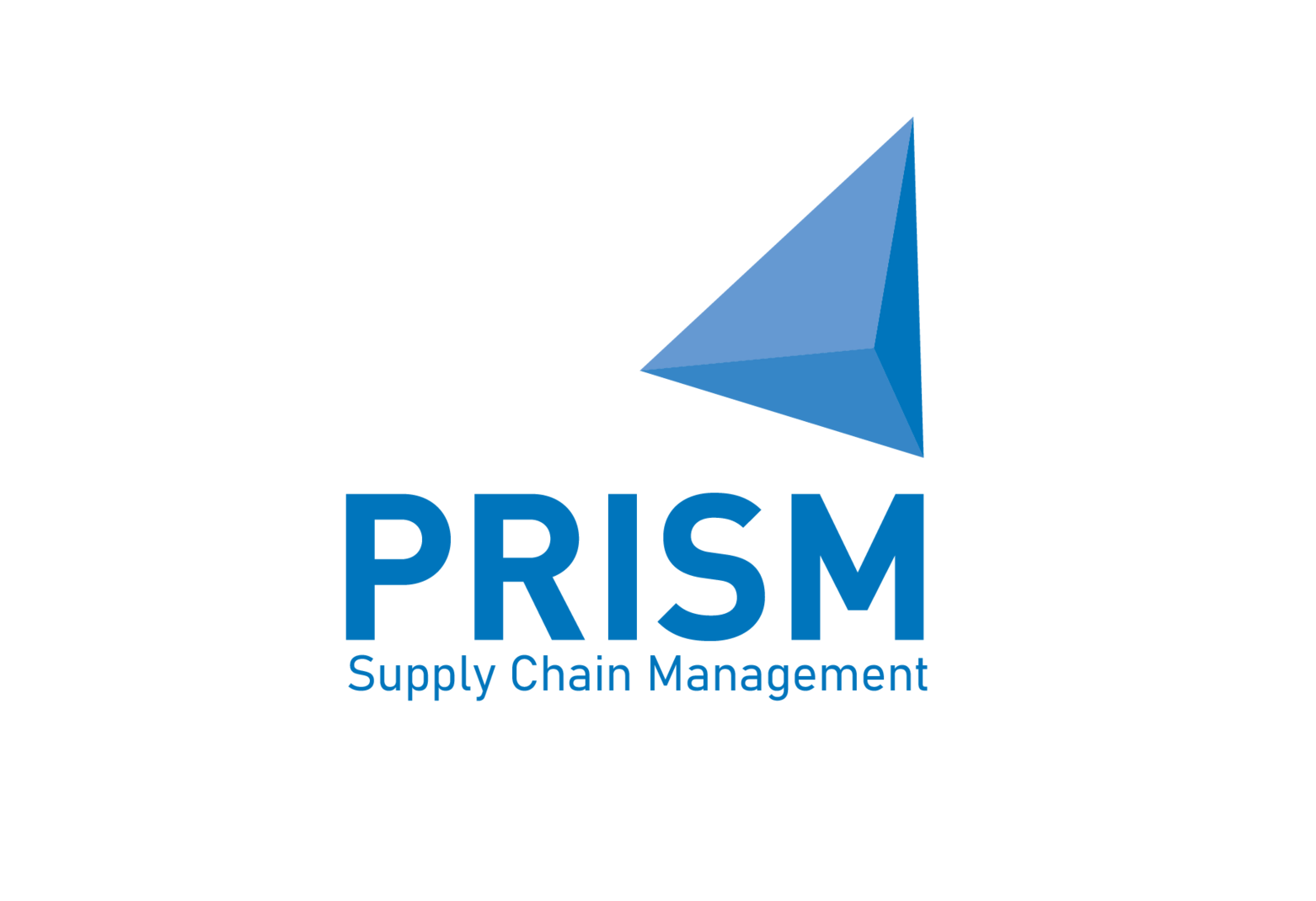
Bolloré deploys 4PL firm PRISM to manage operational risks effectively
Bolloré Transport & Logistics today announced the deployment of PRISM, its next-generation 4PL company designed to meet the specific needs of customers who are engaged in transforming their supply chain.

Bolloré Transport & Logistics today announced the deployment of PRISM, its next-generation 4PL company designed to meet the specific needs of customers who are engaged in transforming their supply chain.
PRISM, which has a presence in every continent, has developed an integrated offer of services and advice based on its robust expertise in transport and customs. It also offers digital solutions which can be customised and interfaced, either through its own LINK 4PL management system or through reversible solutions available on the market.
As part of its operational excellence approach, PRISM will objectively select the best suppliers in the market, contribute to the freight purchasing strategy and provide end-to-end flow management, while seeking to optimise costs and time to market. Depending on the requirements specified, it will also implement optimised transport plans to reduce the carbon footprint of transport operations.
PRISM is a global structure with a presence in every continent. The company works with nearly 100 employees in operational hubs in America (Mexico), Europe (Portugal) and Asia (Malaysia), and across its network of centres of expertise in France (Toulouse and Puteaux, also the location of its Head Office) and Switzerland (Geneva). PRISM offers coverage across 3 time zones for 24/7 availability and greater customer proximity.
Alain Cohen, managing director, PRISM, said, “Businesses expect their strategic logistics providers to be committed to performance and able to manage operational risks effectively, within a partnership based on flexibility and transparency. For this reason and in response to these issues, Bolloré Transport & Logistics has created PRISM, a neutral, independent company supporting its customers by committing to a performance obligation, particularly in terms of economic competitiveness and operational excellence.”

